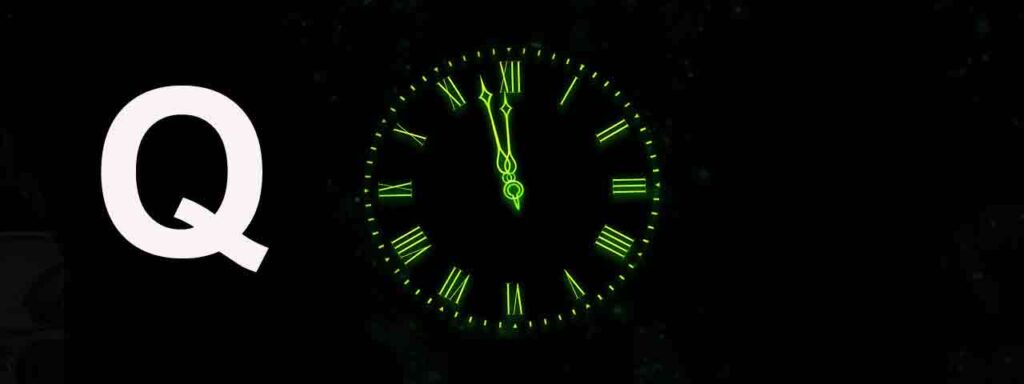This is the OFFICAL Narrative
Freemasonry, often referred to as Masonry, is a fraternal organization that has its origins in the late 16th or early 17th century. It is not a single unified organization, but rather a collective term for various independent groups called “lodges” or “Grand Lodges” that operate under a common system of moral and philosophical principles.
The central tenets of Freemasonry revolve around ethical and moral teachings, self-improvement, and community involvement. While it is not a religion, it has a spiritual and symbolic aspect, drawing inspiration from various religious and philosophical traditions. Freemasonry emphasizes the importance of brotherhood, charity, truth, and personal growth.
Here’s how Freemasonry typically works:
Membership: Freemasonry is open to men of good character who believe in a higher power, regardless of their specific religious beliefs. The organization is founded on principles of mutual respect and tolerance, and members come from various religious backgrounds.
Degrees and Rituals: Freemasonry has a structured system of degrees, usually divided into three symbolic degrees: Entered Apprentice, Fellowcraft, and Master Mason. Each degree involves rituals and teachings that impart moral and philosophical lessons. These ceremonies are kept confidential among members.
Masonic Lodge: The primary unit of Freemasonry is the Masonic lodge. Each lodge operates independently and is governed by its own set of bylaws, but they follow certain common principles. The lodge serves as a meeting place for members to conduct rituals, hold discussions, and engage in charitable activities.
Charity and Community Involvement: Freemasonry places a strong emphasis on charity and community service. Lodges often raise funds for charitable causes and participate in various community outreach programs.
Secrecy and Confidentiality: Freemasonry has been associated with secrecy, which has led to misconceptions and conspiracy theories. While some aspects of the organization are kept private (such as the specifics of initiation rituals), there is no hidden agenda or sinister intent. The privacy is mainly to preserve the ceremonial experience and promote a sense of unity among members.
Masonic Symbols: Freemasonry uses symbols to convey moral and philosophical principles. These symbols are often drawn from tools used by stonemasons, such as the square, compass, and apron, which serve as metaphors for virtuous living and self-improvement.
Fraternal Bonds: Freemasonry fosters a strong sense of fraternity among its members. This sense of brotherhood is intended to extend beyond national, racial, and religious boundaries.
It’s important to note that Freemasonry has diverse interpretations and practices worldwide, and different Grand Lodges might have distinct rituals and customs. The core principles of Freemasonry, however, remain focused on personal development, brotherly love, and charitable activities within the community.
Are there any negative sides to the freemasons
As with any organization, Freemasonry has faced criticisms and controversies throughout its history. It’s essential to acknowledge that negative perceptions about Freemasonry often vary depending on cultural, political, and social contexts. Some of the common criticisms or negative aspects associated with Freemasonry include:
- Secrecy and Speculation: Freemasonry’s practice of maintaining certain aspects of its rituals and ceremonies as private has led to suspicion and speculation from outsiders. This has given rise to conspiracy theories and negative perceptions, suggesting hidden agendas or undue influence over political and economic matters.
- Lack of Transparency: Some critics argue that the closed nature of Freemasonry and the lack of detailed information about its internal workings can lead to distrust and skepticism.
- Influence and Favoritism: In some historical cases, it has been alleged that Freemasonry could be used to promote personal connections and influence, possibly leading to favoritism in certain situations.
- Exclusivity: The organization is traditionally restricted to men, which has drawn criticism for being exclusive and not fully inclusive of women or individuals of different gender identities.
- Incompatibility with Some Religious Beliefs: Some religious groups have historically opposed Freemasonry, viewing its rituals and teachings as incompatible with their beliefs or considering it a rival to their own religious institutions.
- Allegations of Misconduct: As with any large organization, isolated incidents of misconduct or abuse have been reported within certain lodges or by individual members. It is essential to remember that such cases should not be generalized to tarnish the reputation of all Freemasons.
- Decline in Membership: In recent times, Freemasonry has faced challenges in maintaining membership levels, particularly in Western countries. This has led to concerns about its long-term sustainability and relevance.
It’s important to differentiate between genuine concerns and conspiracy theories when evaluating any organization. While there have been criticisms and controversies surrounding Freemasonry, the vast majority of its members participate for reasons of personal growth, camaraderie, and community service.
Ultimately, like any organization, Freemasonry’s impact and perception depend on the actions and conduct of its individual members and the lodges they belong to.
Below are Posts relative to Freemasonry








